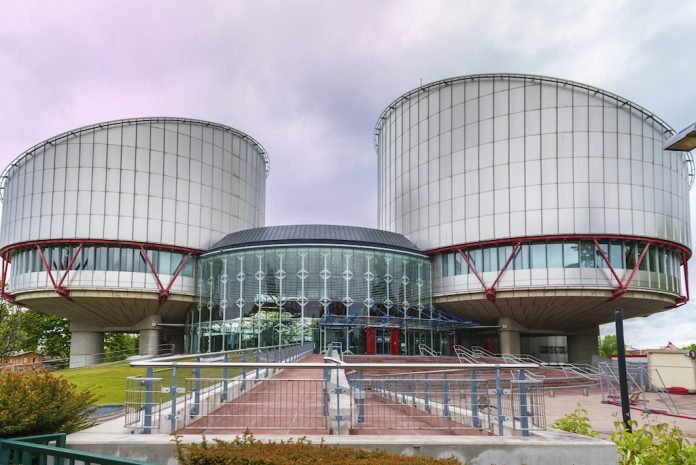Justice Square, a human rights group based in the Netherlands, has released a new report bringing together European Court of Human Rights (ECtHR) judgments that faulted Turkey over rights violations that occurred after a coup attempt in July 2016.
Titled “The judgements by the European Court of Human Rights on Türkiye since 15 July 2016,” the report analyzes a total of 49 ECtHR rulings that were announced against Ankara.
The judgments concerned 1,658 individuals for whom the Strasbourg court determined that a total of 7,486,038 euros in compensation should be paid.
Applicants who won their cases against Turkey included businessman Osman Kavala, Kurdish politicians Selahattin Demirtaş and Figen Yüksekdağ and former Amnesty International Turkey chair Taner Kılıç as well as prominent journalists Ahmet Altan, Şahin Alpay, Nazlı Ilıcak and Ayşenur Parıldak.
The report includes the facts of each case, what articles of the European Convention on Human Rights each judgment found Turkey to have violated and other relevant issues.
Although Turkey is a party to the convention and subject to ECtHR jurisdiction, the country in recent years has famously flaunted the court’s orders to release Kavala and Demirtaş.
The non-compliance with the Kavala rulings prompted the Council of Europe (CoE) to launch infringement proceedings, a rarely enforced procedure that might potentially see Turkey expelled from the CoE.
In addition the ECtHR last year announced a landmark decision on Yüksel Yalçınkaya, a teacher who was convicted of links to the faith-based Gülen movement. In the ruling the court found Turkey’s use of ByLock, a mobile messaging app, as well as bank accounts and labor union memberships as criminal evidence to be unlawful.
The ECtHR called on Turkey’s to address thousands of similar cases where people were prosecuted for “terrorism” due to their ByLock use, a problem that the court described as systemic.
Turkey’s authorities, however, signaled their intention to interpret the judgment as an isolated case and continued their practice of mass detentions over ByLock use.
Turkish President Recep Tayyip Erdoğan has been targeting followers of the Gülen movement, inspired by Turkish Muslim cleric Fethullah Gülen, since the 2013 corruption investigations, which implicated then-prime minister Erdoğan, his family members and his inner circle.
Dismissing the investigations as a Gülenist coup and conspiracy against his government, Erdoğan designated the movement as a terrorist organization and began to target its members. He intensified the crackdown on the movement following an abortive putsch in 2016 that he accused Gülen of masterminding. Gülen and the movement strongly deny involvement in the coup attempt or any terrorist activity.
Following the abortive putsch, the Turkish government declared a state of emergency and carried out a massive purge of state institutions under the pretext of an anti-coup fight. More than 4,000 judges and prosecutors were summarily removed from their jobs for alleged Gülen links.
Erdoğan’s government has also been accused of replacing the purged judicial members with young and inexperienced judges and prosecutors who have close links to the ruling Justice and Development Party (AKP).
In a development that confirmed the erosion of the Turkish judiciary, Turkey was ranked 117th among 142 countries in the 2023 Rule of Law Index published by the World Justice Project (WJP) in late October, dropping one place in comparison to the previous year.
















